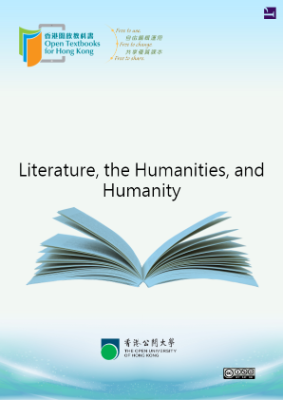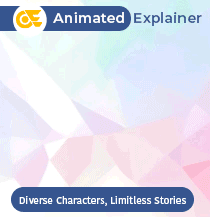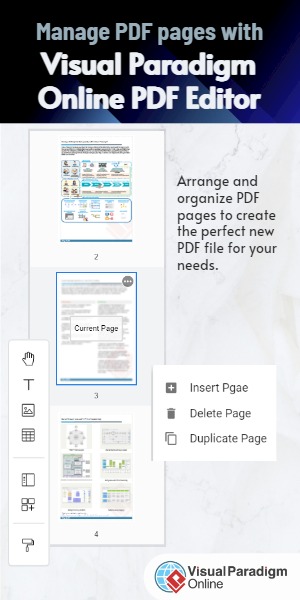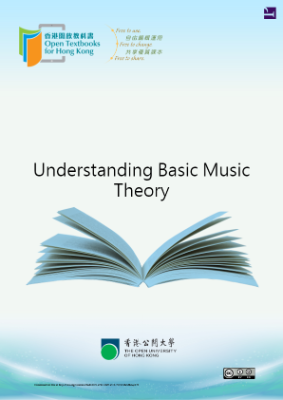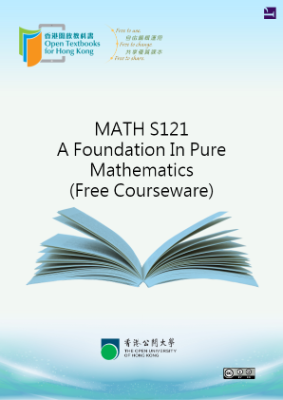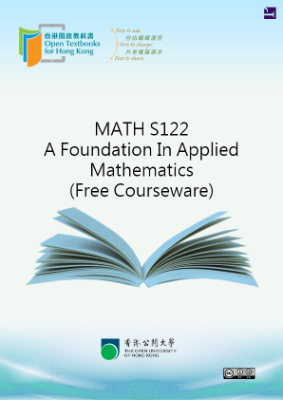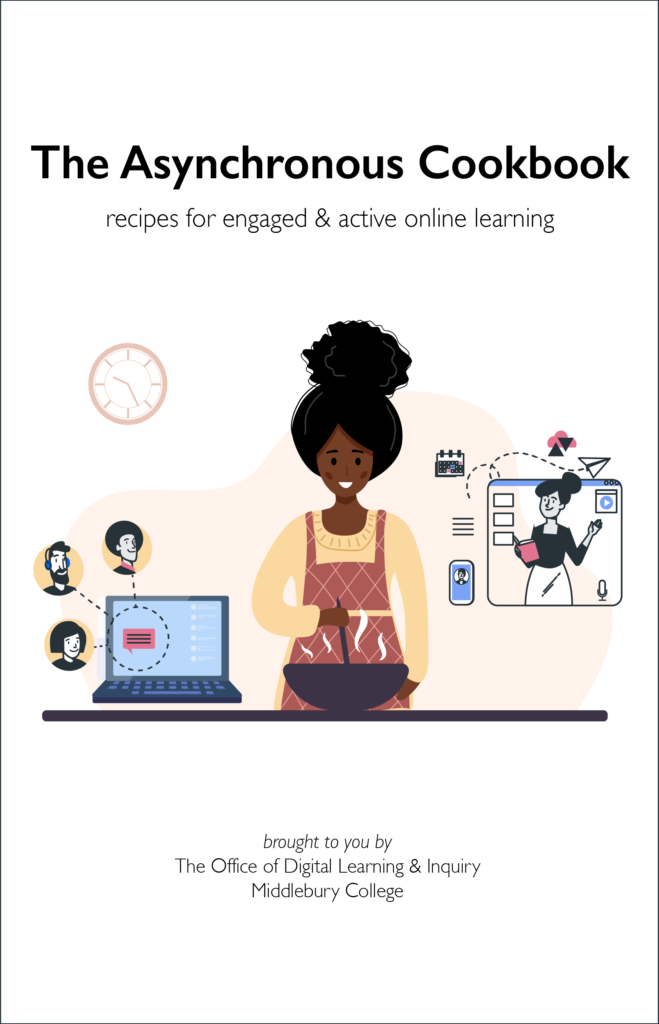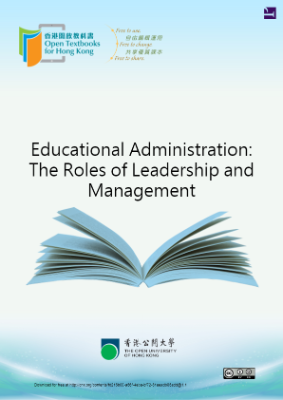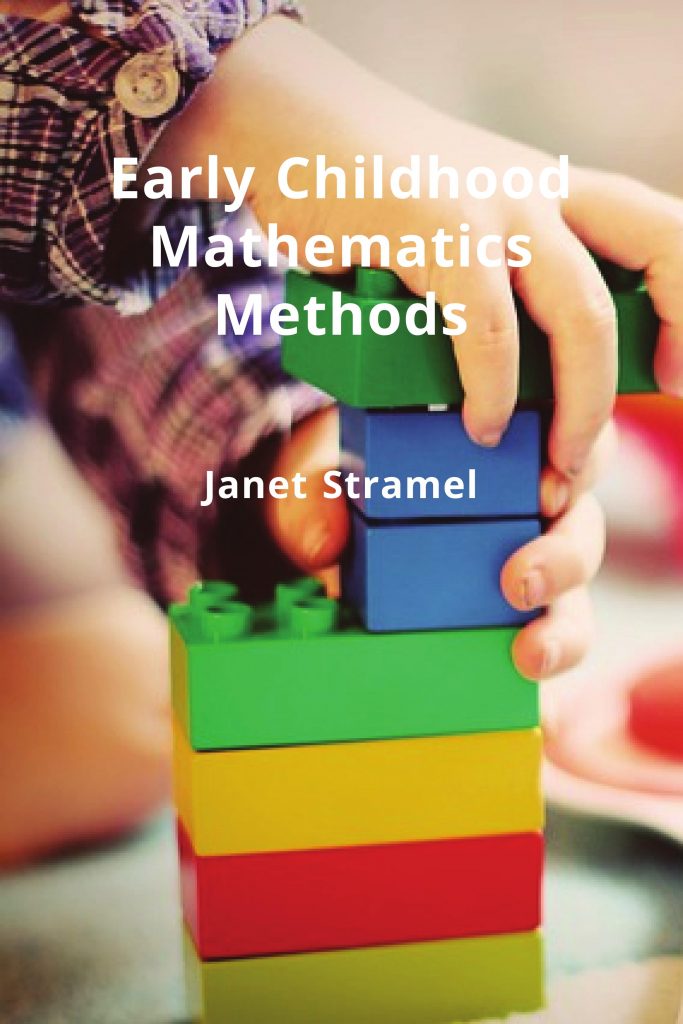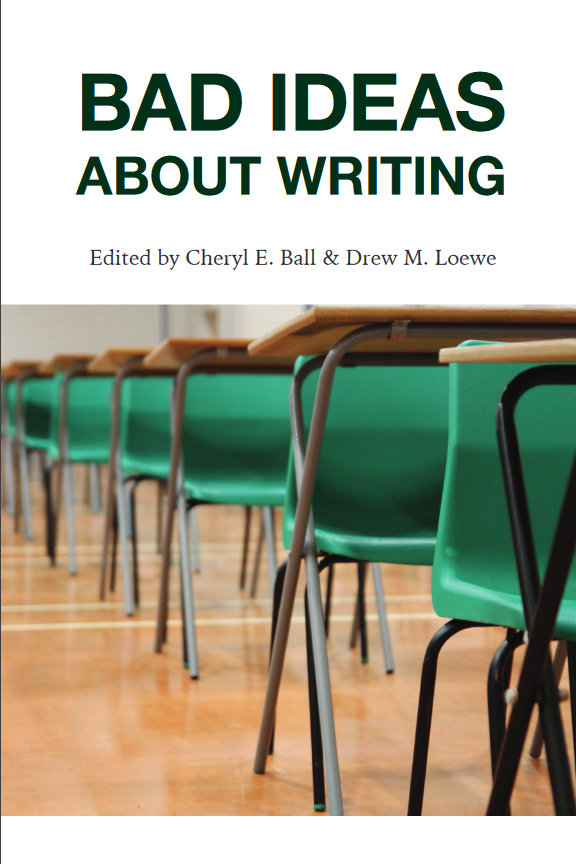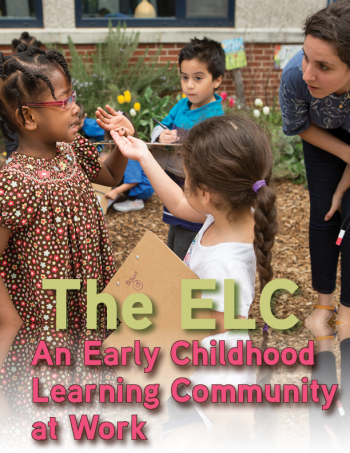There are many reasons that a book like this has become necessary, but all of those reasons can be reduced to this point: we as a society seem to have forgotten that reading classic literature is supposed to be both enjoyable and beneficial. The Roman poet Horace made this point some two thousand years ago and the English Renaissance poet Sir Philip Sidney expanded on it some four hundred years ago. Sidney’s point was that the enjoyment of reading literature encouraged people to continue reading and therefore made them more likely to profit from the instruction that was contained in the literature. This formulation sounds a lot like “a spoonful of sugar makes the medicine go down,” and anyone who has ever tried to give a child medicine hidden in some favorite treat knows that the process never works quite so simply. But Sidney does have a point. Classic literature is enjoyable to read, and it does have a great deal to teach us about what it means to be human and to live in this world. Literature teaches and it delights, and these functions are related.
Unfortunately, we have forgotten that literature is enjoyable and I fear that too often we distort it when we teach it. Thus the state of New York pays me a comfortable salary to be a professor of literature, but I wonder whether either the legislators or the taxpayers really un- derstand why. I hope that this little book will help to explain why, at least in part by showing how literature delights and how it instructs. I hope, too, that it will inspire other teachers to emphasize the value and delight of reading literature without watering it down, without cheapening it.
On the Humanities
One idea that requires immediate emphasis is the importance of the humanities in general. In his 2013 State of the Union address, President Obama said: “Tonight, I’m announcing a new challenge to redesign America’s high schools so they better equip graduates for the demands of a high-tech economy. We’ll reward schools that develop new partnerships with colleges and employers, and create classes that focus on science, technology, engineering, and math—the skills today’s employers are looking for to fill jobs right now and in the future.” While that statement presents a laudable goal, it also totally ignores the value of the humanities. In fact, at a time when we see an increasing dehumanization in society, a greater focus on economics, more reliance on technology, and ever more attachment to material goods, the humanities are increasingly vital to our individual and collective well-being. The humanities can help us learn how to manage, how to use properly, those skills that the President e mphasized.
Now let me correct the oversimplifications of that last paragraph. A focus on the economy is not evil, so long as the economy is used to better people’s lives. Technology is certainly not evil. I owe my life to technological advances. But less dramatically, technology also allows me to communicate with my children, who have chosen to live four hundred miles distant. And the humanities surely do not have an un- blemished record. One of my favorite poets, Edmund Spenser, played a shameful role in the Elizabethan suppression of Ireland. T.S. Eliot, like so many others, was anti- Semitic; and the Nazis and the Soviets both manipulated the humanities to further their enterprises. So it is not enough to say that we need to study the humanities. We also need to study how to study the humanities, which is itself, paradoxically, part of the humanities. If we simply make the humanities into another example of unthinking, rote learning, then we transform them into a means of oppression rather than liberation.
